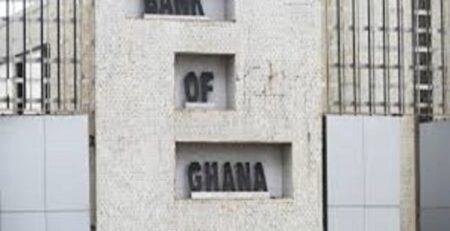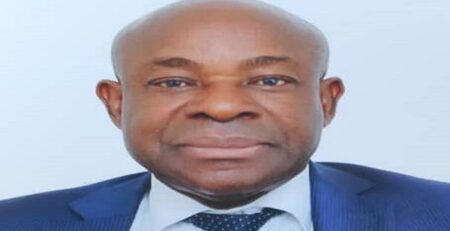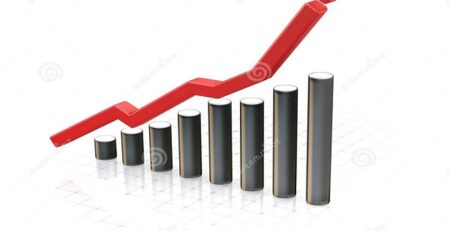Central Bank urged to enhance its supervisory role
Stakeholders within the governance sector have charged the Bank of Ghana to improve on its supervisory role to reduce the risk of another financial sector collapse and ensure prudential standards are strictly been followed.
According to them, this will enable the Banking and Special Deposit Taking Institutions sectors as well as other banks to remain resilient, inclusive and supportive of Ghana’s economic growth trajectory.
The shake up in the financial sector has within the last three years, affected some nine indigenous banks, and over 400 savings and loans, micro-finance institutions and fund management companies.
Speaking at a round table discussion organized by the Economic Governance Platform, Economist with the Department of Economics at the University of Cape Coast, Dr. William Godfred Cantah noted that though efforts are being made to gradually restore confidence in the country’s financial sector, more needs to be done.
“The impact of the banking sector clean-up comes in several folds. It also affected the confidence of many people in the banking industry. But it is good that government took up the cost of depositor’s funds. My only challenge was with the approach the government took to tackle the issue. We had no choice done to tackle the issue. If we had not tackled the issue, the economy would have been worse off today.
Now inefficiency is a major problem in our banking industry and they need to deploy technology that would reduce their cost of operation. Also, the Bank of Ghana should be more intrusive in its supervision. They should be looking for problems to solve before they escalate so that we don’t experience what we experienced in the last three years. We must see the problems before they come off,” he said.
The Central Bank, between 2017 and 2019, revoked the licenses of nine local commercial banks and over four hundred other financial institutions comprising Micro-finance, Savings and Loans, Finance Houses and Fund Management Companies for violating various regulations guiding their operations.
The revocation of the licenses of these institutions was to get rid of insolvent and dormant institutions that had no reasonable prospects of rehabilitation and had denied depositors access to their deposits, thereby constituting a threat to the stability of the financial system.
The move also saw at least four mergers to create stronger institutions. However, this affected about 4.6 million depositors whose monies could have been lost completely had the regulators not taken the action.
According to the Finance Minister, the clean-up cost the country US$4 billion, which is about GH¢21 billion.
Source:Citibusinessnews














Leave a Reply